Love Explosion - Love Explosions bästa låtar (1971)
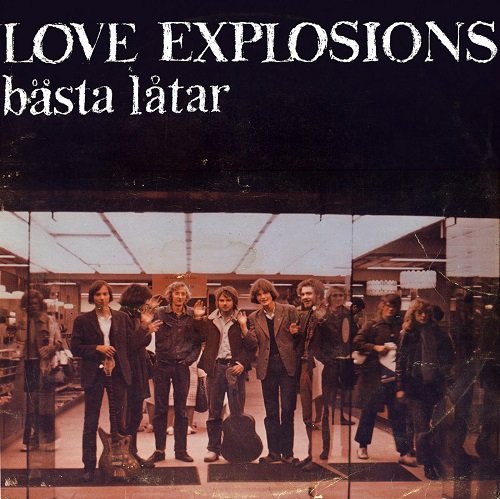
Artist: Love Explosion
Title: Love Explosions bästa låtar
Year Of Release: 1971
Label: MNW Music AB
Genre: Folk Rock, Alt Rock, Acoustic
Quality: Mp3 320 / Flac (tracks)
Total Time: 48:16
Total Size: 121/320 Mb
WebSite: Album Preview
Tracklist:Title: Love Explosions bästa låtar
Year Of Release: 1971
Label: MNW Music AB
Genre: Folk Rock, Alt Rock, Acoustic
Quality: Mp3 320 / Flac (tracks)
Total Time: 48:16
Total Size: 121/320 Mb
WebSite: Album Preview
1. Varför ska man behöva betala 3:24
2. Stockholm City 5:54
3. Rivningsrök 2:46
4. Sparvfars polska 1:25
5. Hemlös 3:18
6. Stellan Fällan 5:10
7. Stellan Fällan (Live) 1:31
8. Bara du 3:11
9. Hundar får ju springa lösa 4:08
10. Ändlöst med sprut 2:09
11. På dansen 2:46
12. Club Husar 5:24
13. Djävulens patrask 7:10
Swedish music group within the Gothenburg progg movement, formed in 1968.
The group drew its inspiration from late 1960s rock such as Bob Dylan and The Doors. The group has also been compared to the Swedish progg band Gudibrallan.
The group performed at the both "gärdesfesterna" in 1970 and also participated in the compilation album that immortalized parts of the second party (Festen på Gärdet, 1971). The same year, the group's debut album "Bästa låtar" was released on MNW. The album came out in two versions. The first contained the song "Djävulens patrask" where the group borrowed the melody from Bob Dylan's "Desolation Row". Dylan's record company, however, refused to approve Love Explosion's text, which led to the record being withdrawn. The text was also rejected by the Radio Board because it did not meet "aesthetic minimum requirements". The album was later released in a second version where the melody for "Djävulens patrask" had been replaced.
Best songs is the Swedish prog group Love Explosion's debut album, released on the MNW label in 1971.
The disc came out in two versions. The first contained the song "Djävulens patrask" where the group borrowed the melody from Bob Dylan's "Desolation Row". However, Dylan's record company refused to approve Love Explosion's lyrics, causing the record to be pulled. The text was also rejected by the Radionämnden because it did not meet "minimum aesthetic requirements". Later, the disc was released in a second version where the melody to "Djävulens patrask" had been changed.
The group drew its inspiration from late 1960s rock such as Bob Dylan and The Doors. The group has also been compared to the Swedish progg band Gudibrallan.
The group performed at the both "gärdesfesterna" in 1970 and also participated in the compilation album that immortalized parts of the second party (Festen på Gärdet, 1971). The same year, the group's debut album "Bästa låtar" was released on MNW. The album came out in two versions. The first contained the song "Djävulens patrask" where the group borrowed the melody from Bob Dylan's "Desolation Row". Dylan's record company, however, refused to approve Love Explosion's text, which led to the record being withdrawn. The text was also rejected by the Radio Board because it did not meet "aesthetic minimum requirements". The album was later released in a second version where the melody for "Djävulens patrask" had been replaced.
Best songs is the Swedish prog group Love Explosion's debut album, released on the MNW label in 1971.
The disc came out in two versions. The first contained the song "Djävulens patrask" where the group borrowed the melody from Bob Dylan's "Desolation Row". However, Dylan's record company refused to approve Love Explosion's lyrics, causing the record to be pulled. The text was also rejected by the Radionämnden because it did not meet "minimum aesthetic requirements". Later, the disc was released in a second version where the melody to "Djävulens patrask" had been changed.
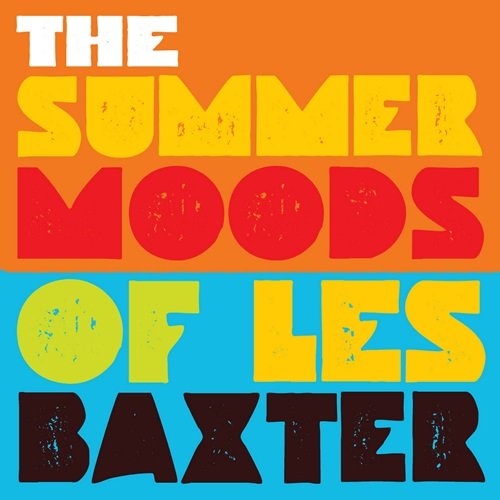
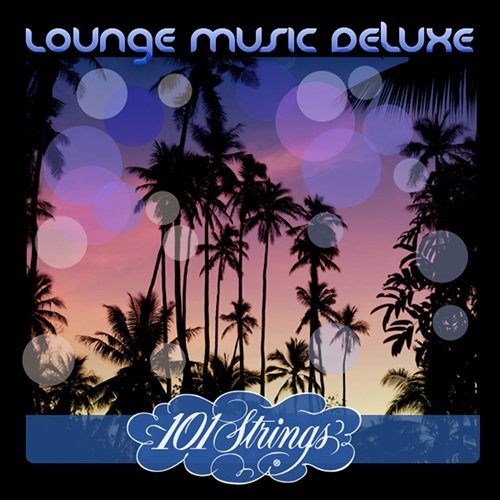
![Dub Colossus - Dub Will Keep Us Together (2026) [Hi-Res] Dub Colossus - Dub Will Keep Us Together (2026) [Hi-Res]](https://www.dibpic.com/uploads/posts/2026-03/1772556292_folder.jpg)
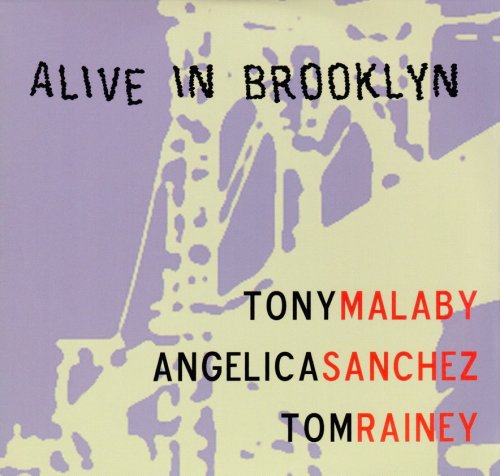
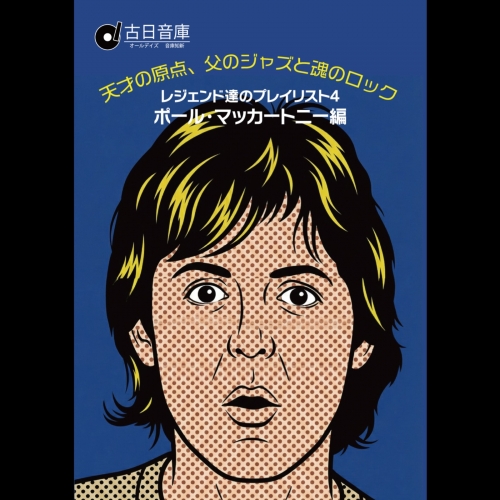
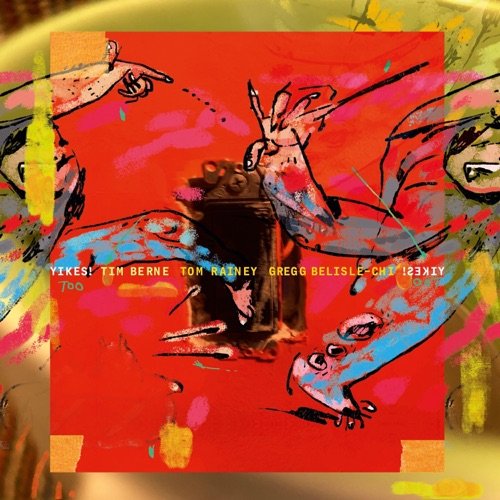
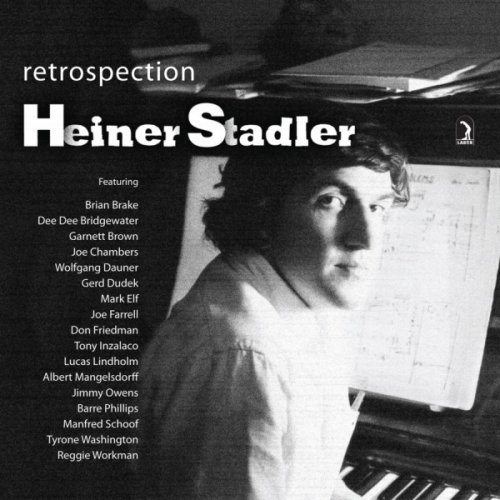
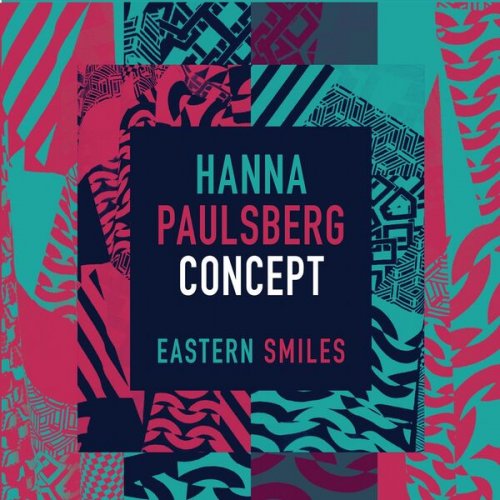
![The Voros Collective - Intercontinental Man (2026) [Hi-Res] The Voros Collective - Intercontinental Man (2026) [Hi-Res]](https://www.dibpic.com/uploads/posts/2026-03/1772344932_cover.jpg)